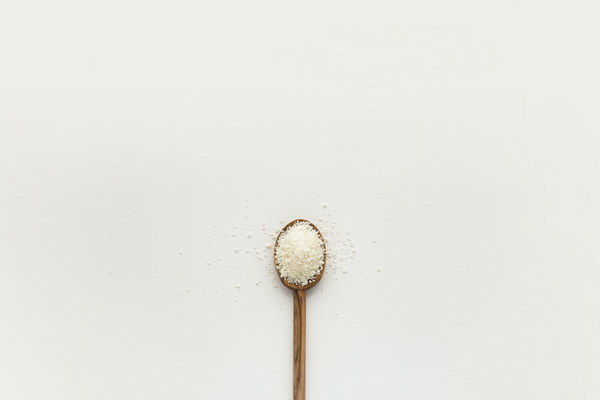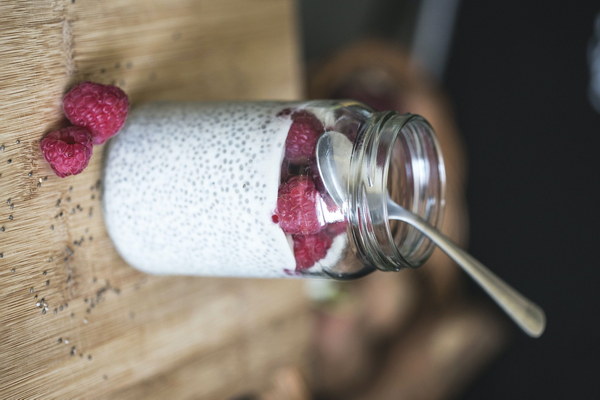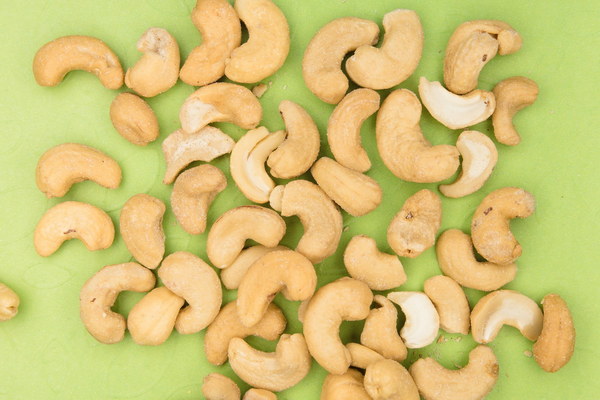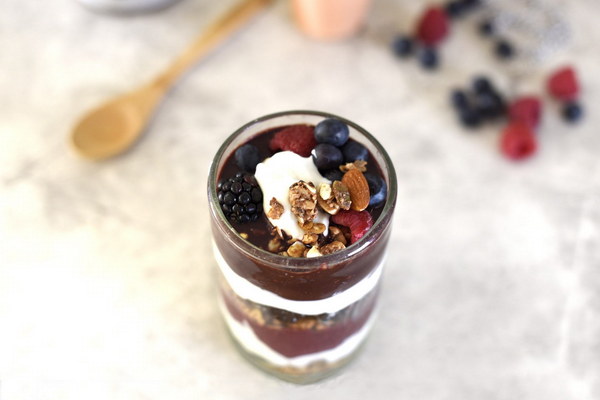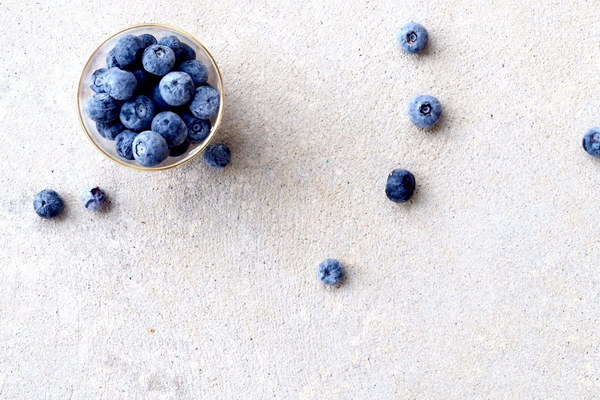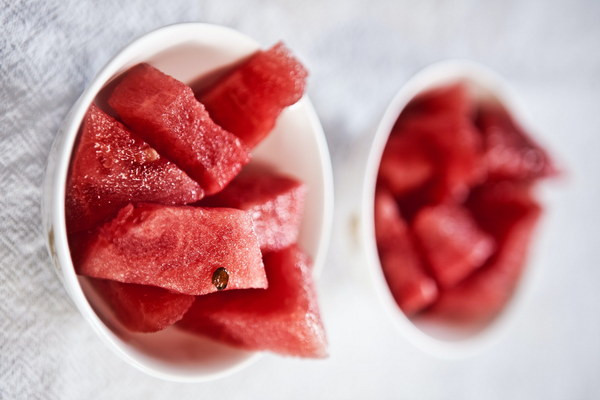Natural Remedies How Traditional Chinese Herbs Alleviate Wet Heat in the Eyes
In the realm of Traditional Chinese Medicine (TCM), the concept of wet heat is often associated with a range of eye-related issues. This condition is believed to arise from an imbalance in Yin and Yang, where excessive dampness and heat within the body manifest as redness, irritation, or discomfort in the eyes. To address this, TCM practitioners turn to a variety of herbal remedies known for their cooling and drying properties. This article explores the world of traditional Chinese herbs that can help alleviate wet heat in the eyes.
Understanding Wet Heat in the Eyes
Wet heat, as perceived in TCM, is a condition where the body's internal fluids become stagnant, leading to the accumulation of dampness and heat. This imbalance can occur due to factors such as poor diet, excessive consumption of spicy or greasy foods, environmental heat, and stress. When this damp heat affects the eyes, symptoms may include:
- Redness and inflammation of the conjunctiva (the clear, protective membrane covering the white part of the eye)
- Itchy, burning, or gritty sensation in the eyes
- Excessive tearing
- Blurred vision
Herbal Remedies for Wet Heat in the Eyes
1. Huang Lian (Coptis chinensis): Known for its powerful antibacterial and antiviral properties, Huang Lian is often used to clear heat and dampness from the body. It's commonly found in eye formulas to soothe and reduce inflammation.
2. Chuan Bei Mu (Fritillaria thunbergii): This herb has a cooling effect on the body and is often used to alleviate eye pain and irritation. It's believed to nourish the liver and clear heat, which can help reduce the symptoms of wet heat in the eyes.
3. Ju Hua (Chrysanthemum morifolium): A popular herb in TCM, Ju Hua is known for its cooling and anti-inflammatory properties. It's often used to treat eye fatigue, redness, and irritation, making it a great addition to eye formulas.
4. Ye Ju Hua (Wild Chrysanthemum): Similar to Ju Hua, Ye Ju Hua is also a cooling herb that helps alleviate eye redness and inflammation. It's often used in combination with other herbs to enhance its effects.
5. Huang Bai (Phellodendron amurense): This herb is used to clear heat and dry dampness, which can help reduce the symptoms of wet heat in the eyes. It's also believed to strengthen the immune system, making it a valuable addition to eye formulas.
6. Bai Zi Ren (Biota seed): Known for its ability to nourish the liver and clear heat, Bai Zi Ren is often used in TCM to alleviate eye redness and inflammation. It's believed to help balance the body's Yin and Yang, reducing the symptoms of wet heat.
Combining Herbs for Optimal Results
To maximize the benefits of these herbal remedies, they are often combined in specific formulas tailored to the individual's condition. These formulas may include a combination of the above herbs, along with other cooling and drying agents, such as:
- Shan Zha (Hawthorn fruit): Known for its ability to dissolve dampness and promote urination, Shan Zha is often used in TCM to support the body's natural elimination of excess fluids.
- Ge Gen (Kudzuvine root): This herb is used to clear heat and dampness, and is believed to help reduce swelling and inflammation.

- Gan Cao (Licorice root): Known for its ability to harmonize the other ingredients in a formula, Gan Cao is often added to TCM formulas to enhance their effectiveness.
Conclusion
Traditional Chinese herbs offer a natural and effective approach to alleviating wet heat in the eyes. By targeting the root cause of the imbalance, these herbal remedies can help reduce inflammation, soothe irritation, and promote overall eye health. However, it's important to consult with a qualified TCM practitioner before starting any herbal treatment, as they can provide personalized advice and ensure the chosen formula is safe and appropriate for your specific condition.
